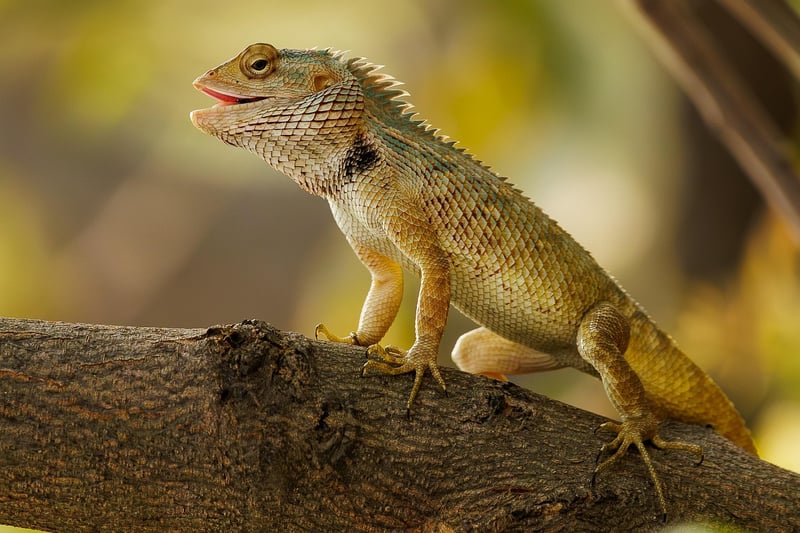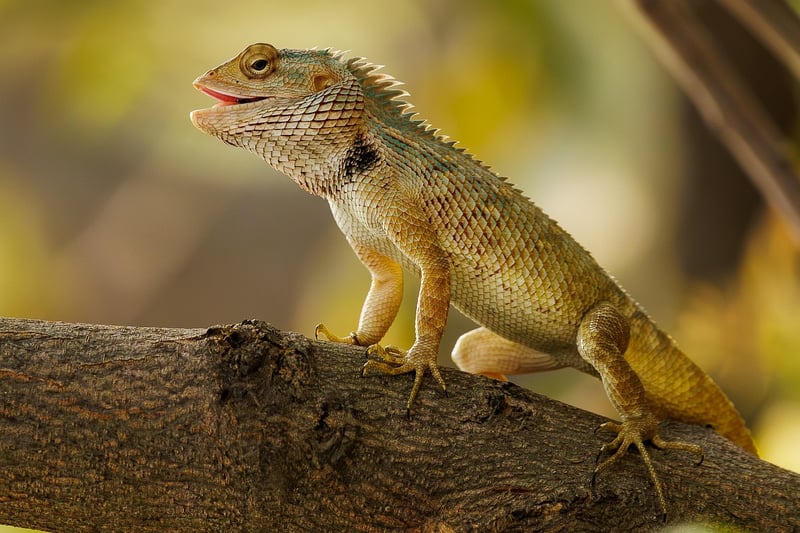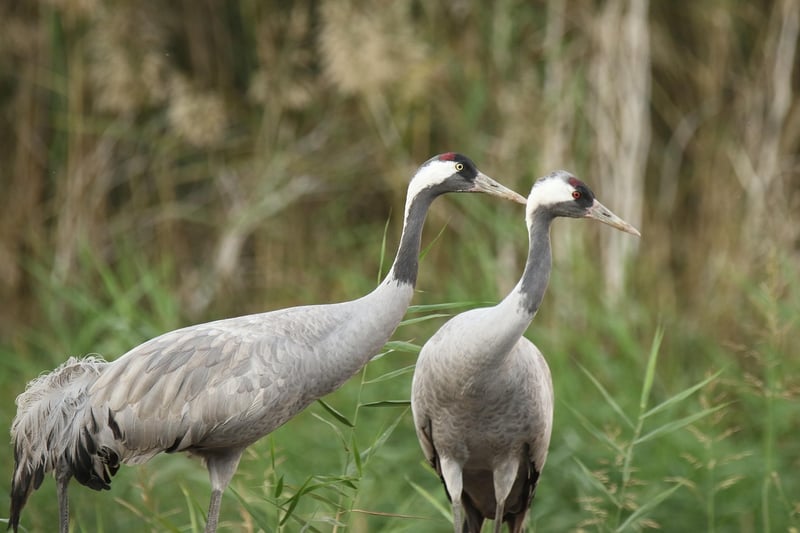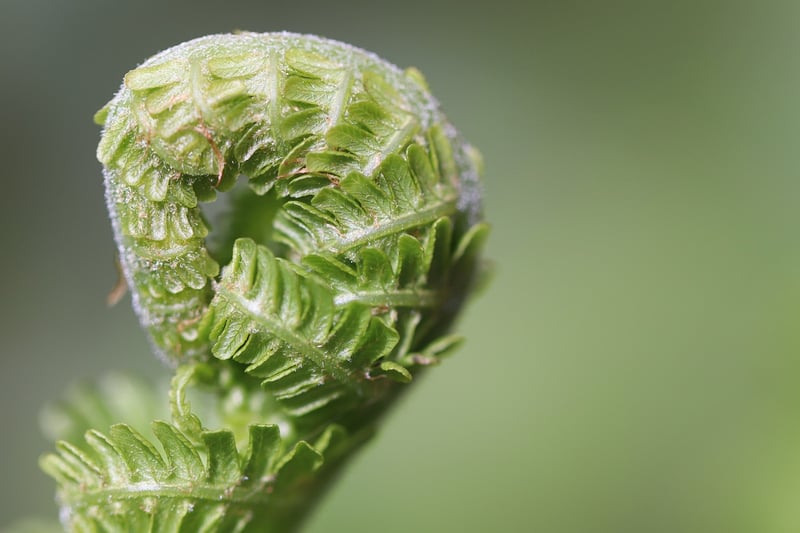Troubleshooting Tips
Connect with Other Gardeners + Troubleshooting Tips
Join Online Gardening Communities
One of the best ways to connect with other gardeners is by joining online gardening communities. Websites like GardenWeb, Houzz, and Reddit's gardening subreddit offer platforms where you can ask questions, share tips, and connect with fellow gardening enthusiasts.
Attend Gardening Events and Workshops
Local gardening events, workshops, and seminars are excellent opportunities to meet and network with other gardeners in your area. Check out your community center, botanical gardens, or local nurseries for upcoming events.
Visit Gardening Clubs and Societies
Joining a gardening club or society is a fantastic way to connect with like-minded individuals who share your passion for gardening. These groups often organize meetings, plant swaps, and garden tours, providing valuable networking opportunities.
Utilize Social Media
Social media platforms like Facebook, Instagram, and Pinterest are not only great for sharing your gardening journey but also for connecting with other gardeners worldwide. Join gardening groups, follow garden influencers, and participate in gardening challenges to expand your network.
Troubleshooting Tips
Yellowing Leaves
If your plant's leaves are turning yellow, it could indicate overwatering. Check the soil moisture levels and adjust your watering schedule accordingly. Ensure proper drainage to prevent waterlogged roots.
Pest Infestations
To combat pest infestations, try using natural remedies like neem oil or insecticidal soap. Introduce beneficial insects like ladybugs or lacewings to your garden to control pest populations organically.
Wilting Plants
Wilting plants may be suffering from underwatering or root rot. Check the soil moisture levels and the plant's roots. Trim any damaged roots and repot the plant in fresh, well-draining soil if necessary.
Leggy Seedlings
Leggy seedlings often result from inadequate light. Move your seedlings to a brighter location or supplement with grow lights to encourage compact, healthy growth.
Soil Issues
If your plants are struggling, test your soil pH and nutrient levels. Amend the soil as needed with compost, organic matter, or specific fertilizers to create an optimal growing environment for your plants.
Remember, gardening is a journey filled with learning experiences. By connecting with other gardeners and arming yourself with troubleshooting tips, you can cultivate a thriving and beautiful garden.



